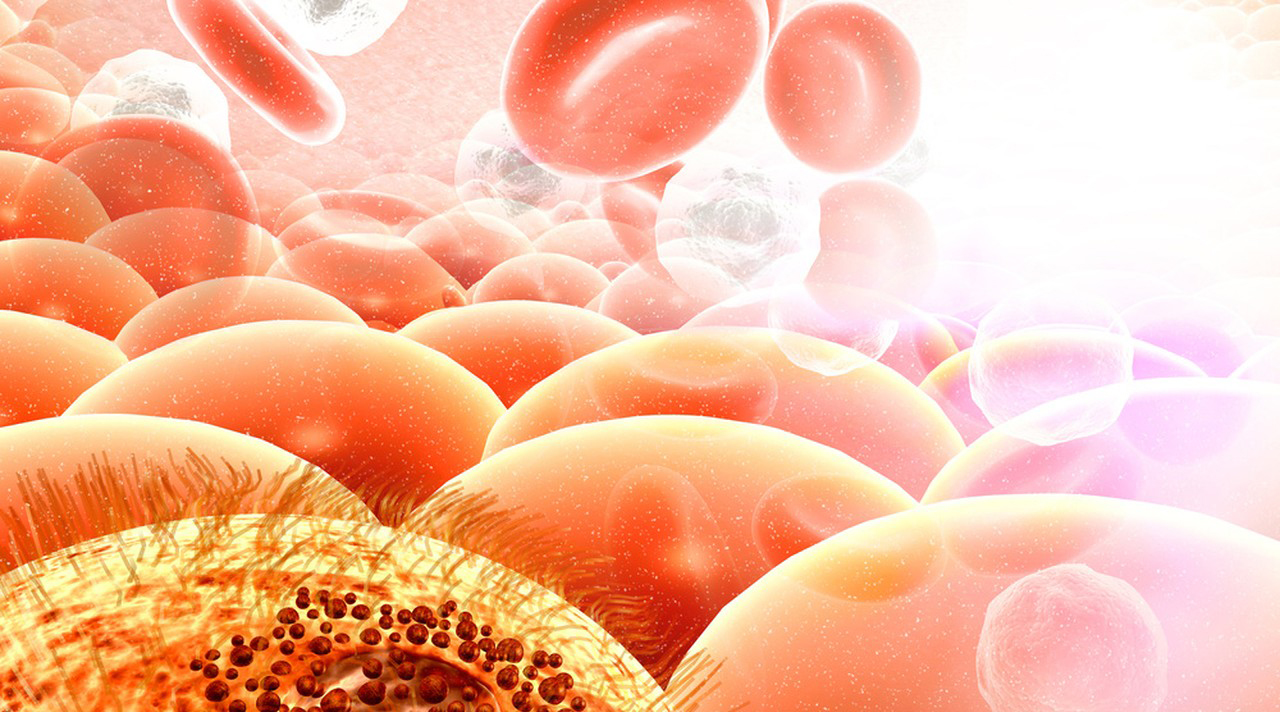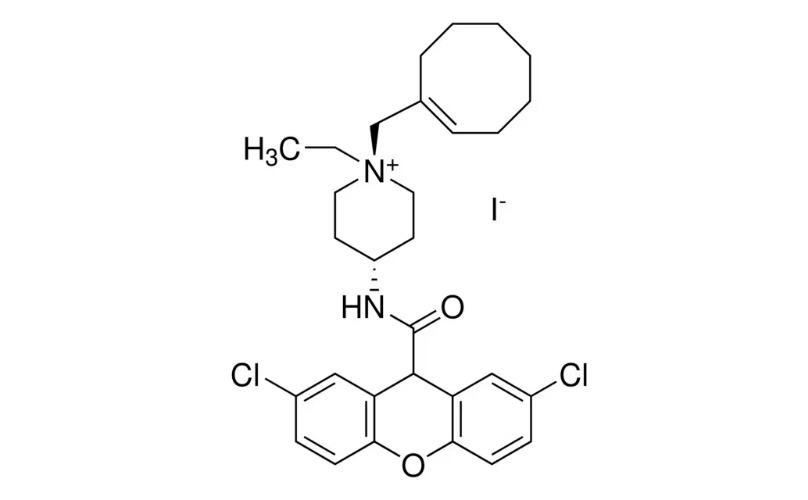5-Amino-1MQ Iodide is a chemical compound that has gained attention for its potential use in scientific and biomedical research, especially related to its effects on metabolism and its potential as a therapeutic agent. However, its use and research are still emerging, so understanding the pros and cons of this compound requires considering both its potential benefits and drawbacks.
Pros of 5-Amino-1MQ Iodide:
1. Metabolic Effects:
- 5-Amino-1MQ Iodide has been shown to have the potential to impact metabolic processes, particularly in relation to the inhibition of a particular enzyme (NNMT, or Nicotinamide N-methyltransferase). This could help in the regulation of energy balance, fat metabolism, and possibly weight management.
2. Therapeutic Potential:
- Some studies suggest it may have therapeutic applications in managing metabolic disorders, such as obesity and type 2 diabetes, due to its effects on energy expenditure and fat metabolism.

3. Neuroprotective Potential:
- There is evidence suggesting that inhibition of NNMT by 5-Amino-1MQ Iodide could have neuroprotective effects, which may be relevant in neurodegenerative diseases or brain health.
4. Anti-Aging Properties:
- By potentially modulating NAD+ levels and influencing metabolic pathways, this compound could play a role in anti-aging research, improving cellular health and longevity.
5. Research and Development:
- 5-Amino-1MQ Iodide offers significant potential in experimental models for investigating metabolic and neurodegenerative diseases. It is useful in uncovering the role of NNMT in various biological processes.
Cons of 5-Amino-1MQ Iodide:
1. Limited Human Research:
- Much of the research on 5-Amino-1MQ Iodide is still in the early stages, particularly in human clinical trials. Most studies are preclinical, conducted on animal models, and their long-term effects in humans are still unknown.
2. Side Effects and Safety Concerns:
- As with many experimental compounds, the safety profile of 5-Amino-1MQ Iodide is not fully understood. There may be risks of side effects, toxicity, or long-term health impacts that have yet to be discovered.
3. Dosing Uncertainty:
- Since its mechanism of action and optimal dosing regimens in humans are not well-established, there is a risk of improper dosing, which could either reduce efficacy or lead to unintended consequences.

4. Regulatory Status:
- As an experimental compound, 5-Amino-1MQ Iodide may not be widely available or regulated for therapeutic use in many countries, which could limit its practical applications outside of research settings.
5. Unknown Interactions:
- Because 5-Amino-1MQ Iodide is still under investigation, the compound’s interactions with other drugs, supplements, or medical conditions are largely unknown, raising concerns about potential adverse effects when combined with other treatments.
In summary, while 5-Amino-1MQ Iodide shows promise in several areas, including metabolism, neuroprotection, and therapeutic applications, its limited human research and potential safety concerns mean it is still a compound requiring much more investigation before it can be considered for widespread use.
